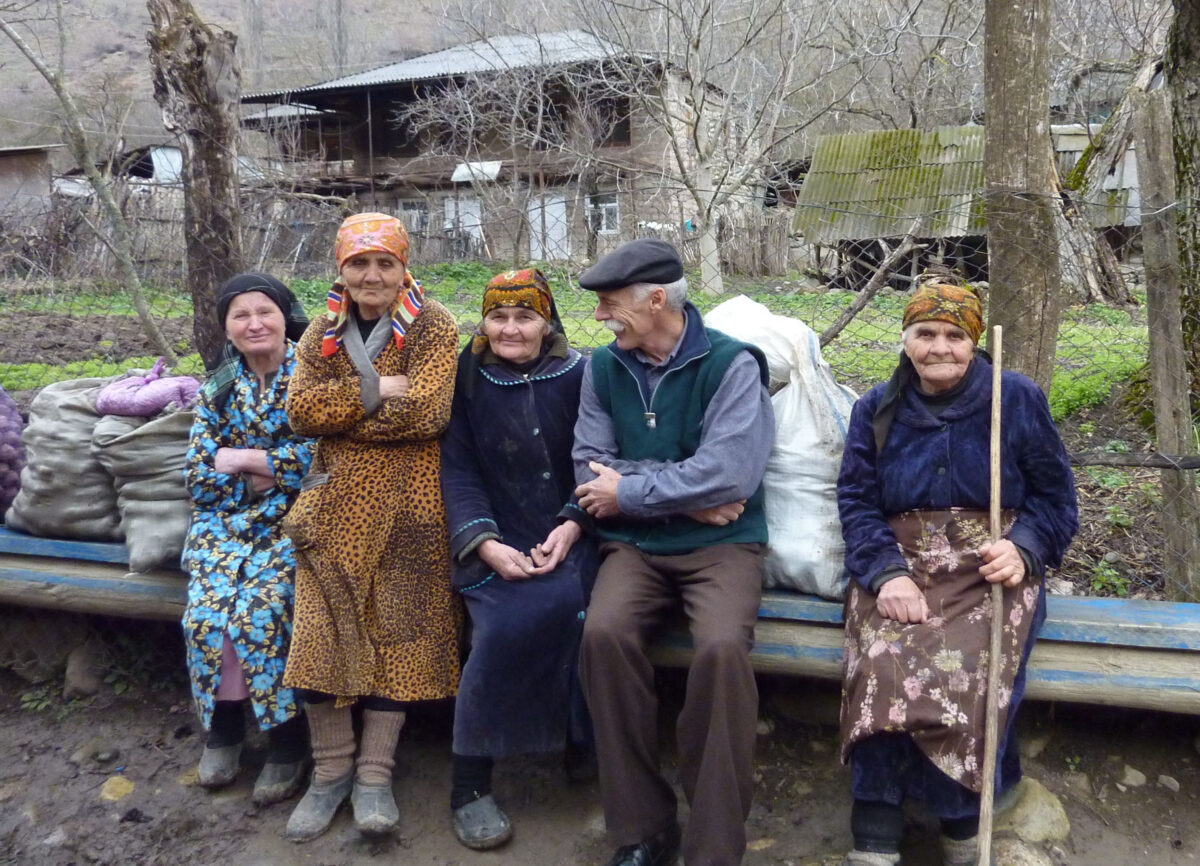I often wondered — while training as a general and obstetric nurse at Hutt Hospital in the 1970s — whether I would spend my whole career nursing in New Zealand hospitals.
Fortunately for me at least, I am so far managing to have a somewhat varied career, though I know that life is not for everyone.
I write from Rwanda, where in November 2024, I am volunteering as an intensive care nurse (ICU) specialist, recruited by a British non-government organisation (NGO), to assist with a response to an outbreak of Marburg virus disease. This virulent illness has claimed the lives of several dozen Rwandan ICU nurses and doctors.
I have been here in Kigali, the Rwandan capital, for a month so far, and the local medical response teams are getting on top of the outbreak. Rwanda has a first-rate health system with highly-educated medical and nursing personnel. Case numbers are falling dramatically. That is great news for all.
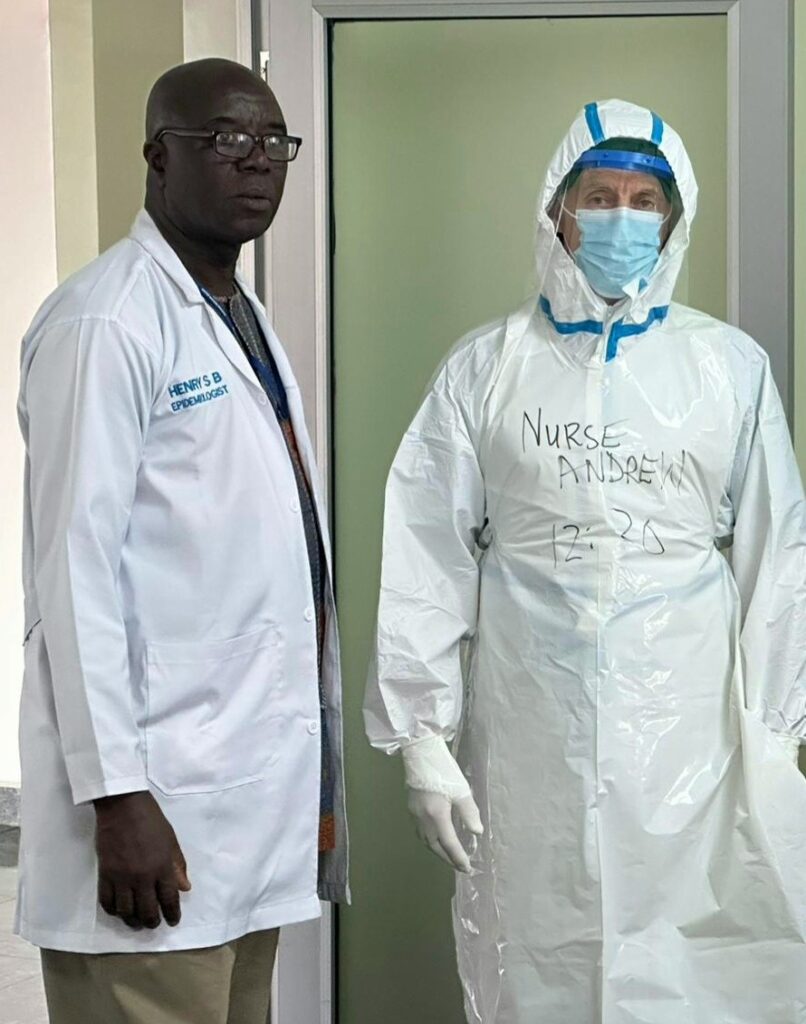
Marburg virus is a rare but severe haemorrhagic disease, and like Ebola, can cause serious illness and death from profound blood loss. It has a fatality rate ranging from 20 to 90 percent, and there is no approved vaccine, so it is not a disease to be trifled with.
Fortunately I have some experience with Ebola, having been deployed to Sierra Leone a decade ago, where I was assigned to manage “dignified burials of the deceased, and discharge home of the survivors”. Performing these burials was an emotionally taxing nursing duty.
Marburg virus disease has claimed the lives of several dozen Rwandan ICU nurses and doctors.
My first experience in the humanitarian nursing sector, in 2006, was a six-month deployment to a 600-bed field hospital in northern Kenya, where we cared for sick and wounded victims of the civil war in Sudan. I learnt a lot there.
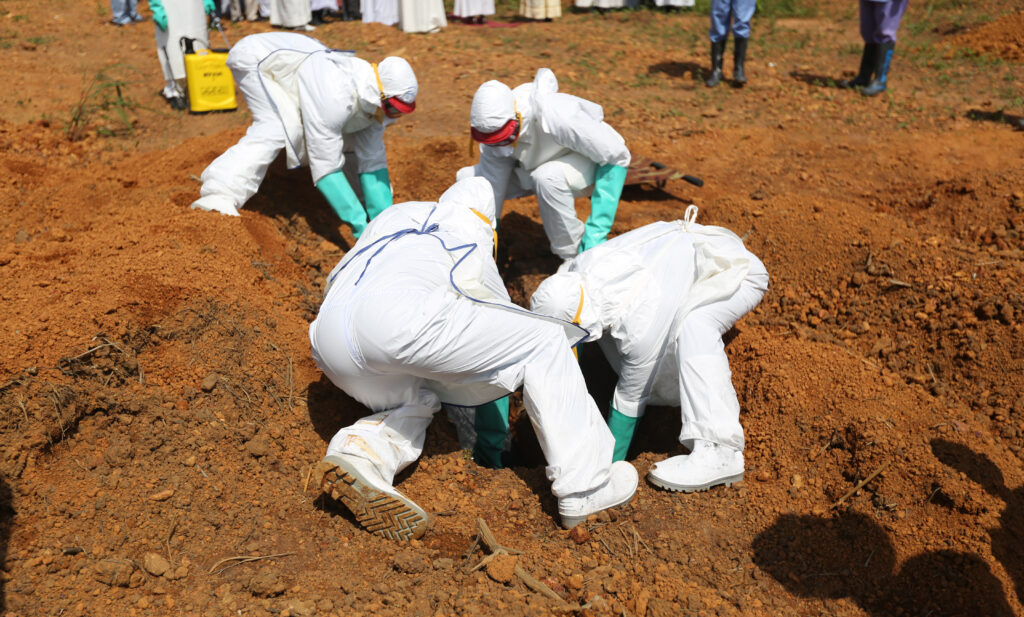
For the following 18 months, I was assigned as head nurse at the 450-bed Juba Teaching Hospital in Sudan; our team assisted the Sudanese national staff to improve nursing practices and lift standards with the resources available in that hospital.
In 2008, I started my first of four years in Afghanistan, where I was a project manager at the main teaching hospital in the city of Jalalabad. I later spent a year each in Kandahar, Lashkar Gah, and Kabul, with differing duties in each location, from prisoner health, to vaccination programmes, to first-aid training.
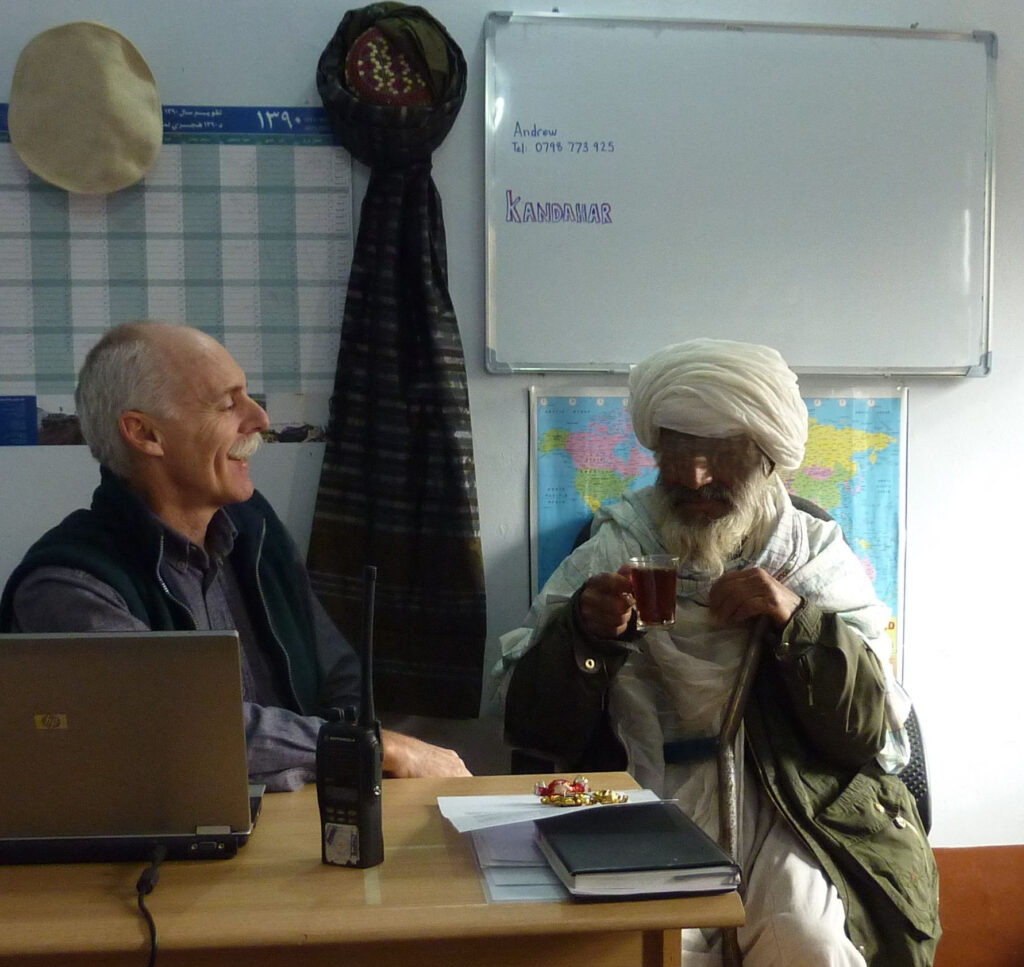
Following that, I had long assignments in Yemen, and Iraq.
Then in 2011, in a mountainous region of northern Georgia, I had a mission assisting vulnerable elderly to access health care. The country was still recovering from its 2008 war with Russia.
Due to their agricultural lands being land-mined, we set up a programme to provide essential food (and even firewood, because the forests were mined as well) and also improved their access to vital nursing and medical services.
Other duties in this region of Georgia included helping village nurses with training and refurbishing a few of their little clinics. I was also involved in the care of detained people, and helped the nursing school upgrade its curriculum.
For me, humanitarian nursing is enriching, emotionally rewarding and memorable.
For six months of 2023, I gained a deployment with a UK-based NGO to Ukraine, where I was an operating theatre/emergency nurse in Dnipro. Many of my friends warned me, “Don’t go there Andrew, it is too dangerous,” which only hardened my resolve.
I was warmly received in Ukraine wherever I went. The medical and nursing staff in the hospital in which I worked made me feel exceptionally welcome; and I worked hard to assist the war-wounded patients in those operating theatres, and post-operatively with their dressings and psychosocial welfare.
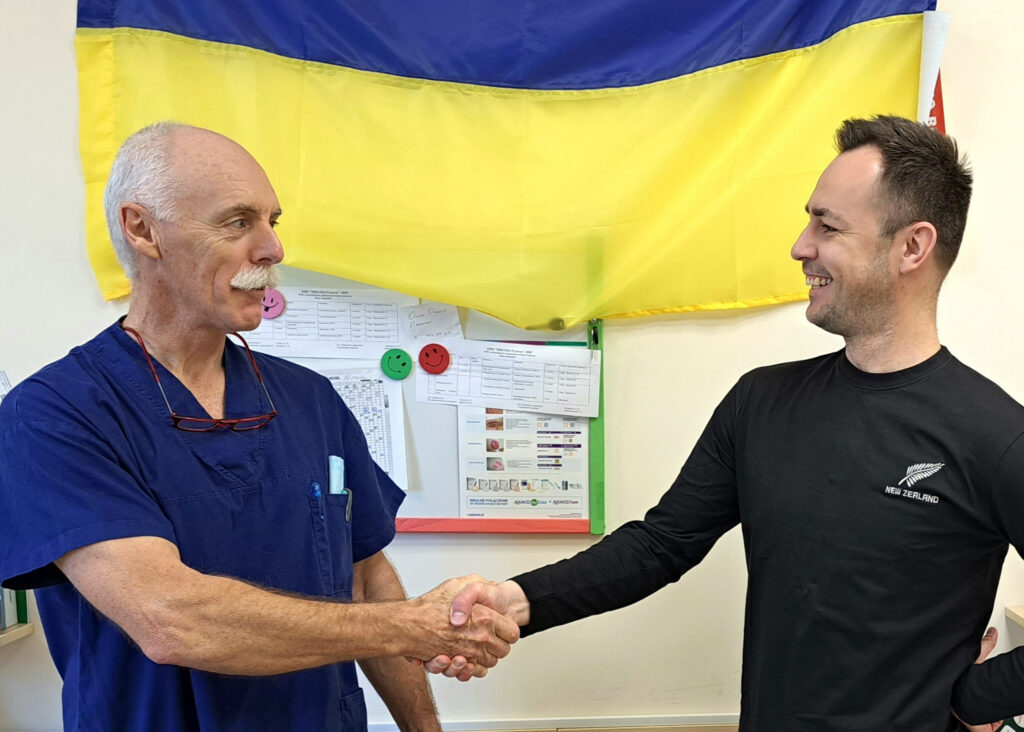
For me, humanitarian nursing is enriching, emotionally rewarding and memorable. I try my best to remain physically fit, multi-skilled and continue with life-long education and so that I may continue with such work for as many years as I am able.
Andrew Cameron, who has qualifications in general and obstetric nursing, midwifery, intensive care, health economics and public health, received the prestigious Florence Nightingale Medal in 2011 for his services to humanitarian nursing. His 2017 memoir, A Nurse on the Edge of the Desert, is available at NZNO’s library for members to borrow, as well as at public libraries.



